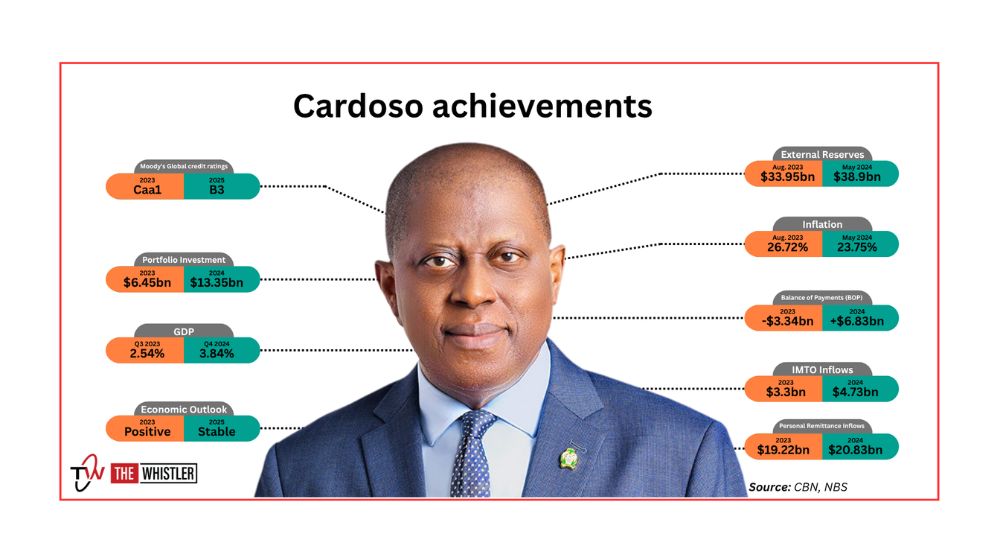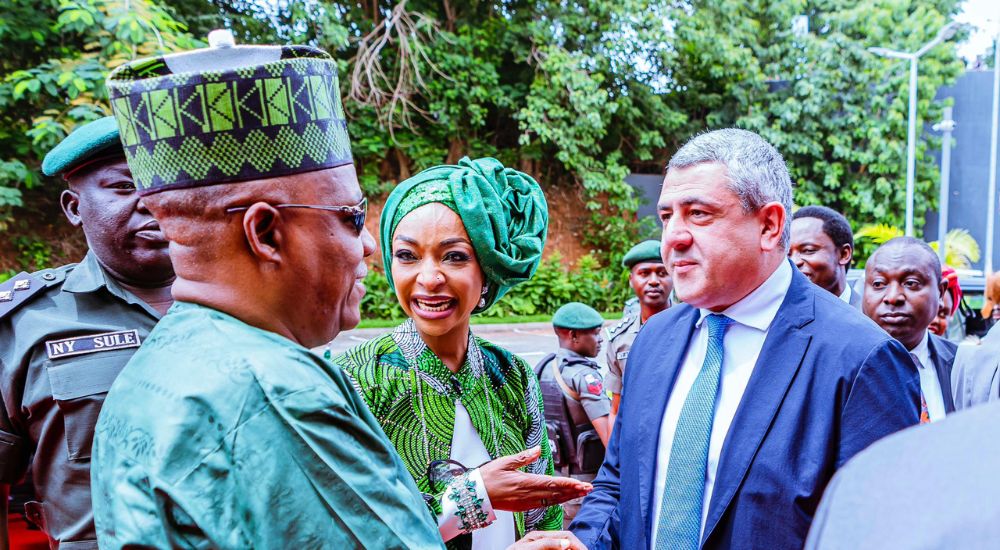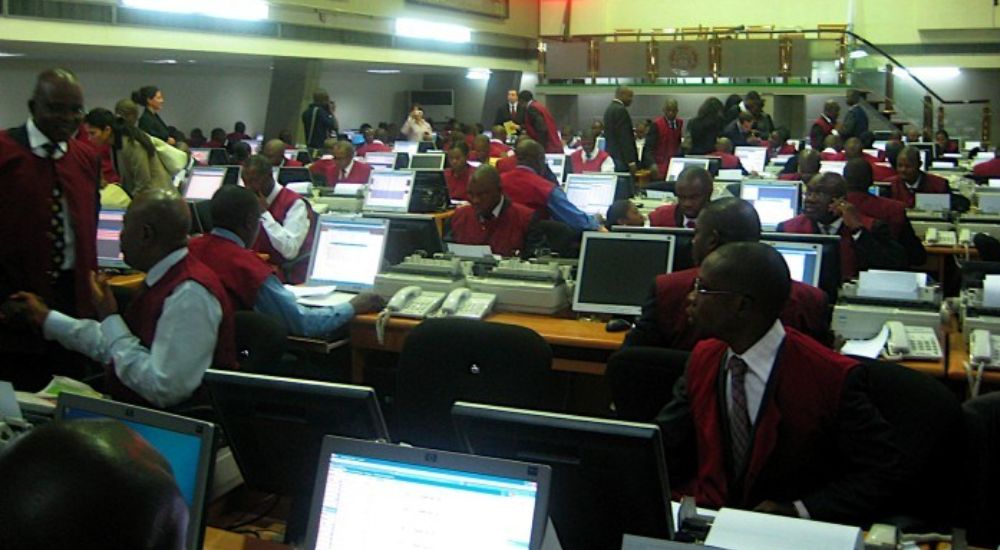Lesotho Makes Jeans But Doesn’t Sell In Africa’.. Okonjo-Iweala Bemoans Weak Intra-regional Trade
Ngozi Okonjo-Iweala, the director-general of the World Trade Organisation, says Africa needs to strengthen intra-regional trade and be more self-reliant in the face of reciprocal tariffs.
Speaking on the sidelines of the International Monetary Fund (IMF) and World Bank spring meetings in Washington DC, she said the continent as a whole is not affected by the tariffs, noting that only 6.5 percent of Africa’s exports go to the US, and 4.4 percent of its imports come from the US.
The economist said while the tariffs’ impact is limited, the aforementioned data shows that “we’re not trading much, which is not a good thing”.
“But the problem is that within Africa, there are a handful of countries that are very severely impacted because they’ve got high reciprocal tariffs put on them, and these are poor countries. I’ll just use two as an example,” she said.
One is Lesotho that everybody is talking about that has 50 percent reciprocal tariffs. It exports $200 million worth of textiles to the US, imports about $3 million worth of goods from the US, so very little.
“If those tariffs are implemented on Lesotho, it will lose almost half a percentage point of its GDP growth, which is huge for a poor country.
“It will lose a lot of its exports to the US, even though it might gain a little bit by exporting elsewhere. So, the issue is, how can we avoid having such reciprocal tariffs on Lesotho?”
Okonjo-Iweala said the US is being asked to look at least developed countries — the poorest — and try to waive the tariffs.
She said Ghana has a 10 percent tariff put on them, while Cote d’Ivoire, which exports almost a billion dollars’ worth of cocoa to the US, got 21 percent.
The WTO chief said Cote d’Ivoire’s cocoa income will “disappear across the border if you have differential reciprocal tariffs”.
“So, Africa is not scot-free. I’m saying as a whole, the continent is not as impacted. But certain countries are definitely hit, and we have to take care of them,” the former minister said.






